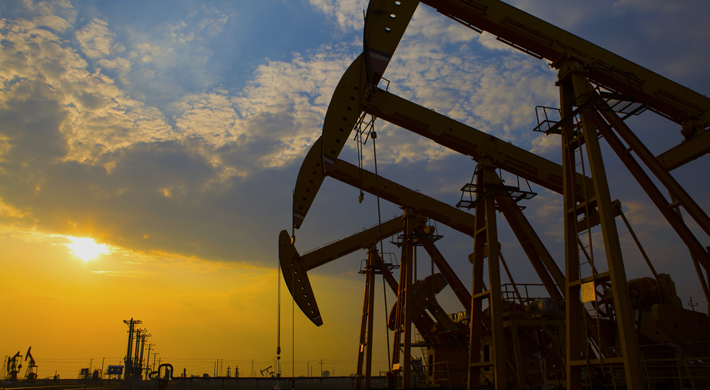
Who buys Kazakhstan’s oil production today?
Question: How might the falling oil prices affect Kazakhstan’s ability to develop and deliver oil to other countries, especially Europe?
Answer: The Italian company ENI been major player in the Kazakhstan’s energy sector for nearly a quarter-century, involved in the development of Kashagan and Karachaganak fields. Italy is the main partner for Kazakhstan’s oil production on a global scale as well as for deliveries into the European Union. It does not look like oil trade between the two countries will suffer much. Indeed, oil exports from Kazakhstan to Italy have only increased since the world price declined.
In this connection, it is useful to mention that Italy also seeks to enter non-hydrocarbon sectors in Kazakhstan’s economy. Likewise, as clarified below, Kazakhstan seeks to deepen cooperation with Italy as part of its industrial policy by attracting high technologies.
Finally, it is appropriate to note that the country’s oil exports to China are on a steady level. But the volume Italy’s oil imports from Kazakhstan is as much as three times greater than China’s.
Is there still investment in Kazakhstan’s oil production today?
Question: What is Kazakhstan’s oil production forecast looking like going forward? Are the sagging prices affecting Kazakh capital projects in the oil realm?
Answer: Despite conflicting reports, it appears that the offshore Kashagan project is proceeding as scheduled with the replacement of corroded pipes, targeting a projected date at the end of 2016 for resumption of production. Yet there are unconfirmed reports that the capital investment plan in Tengiz may be delayed due to decreased revenues and increased world supply.
An unspoken reason for that may be that export routes, and the CPC pipeline in particular, may otherwise become oversubscribed once Kashagan comes on line. The Tengiz situation seems to be still in play, however. The offshore deposit contains significant quantities of condensates in addition to the natural gas.
Plans for phase three of the development of the Karachaganak gas-and-condensate deposit continue to be ice. Observers anticipated that it would finally get under way after 2011, when KazMunaiGas (KMG) entered the consortium. But in April 2013, KMG’s head announced that it was shelved. The motives are unclear but disputes over price with Russia, where the gas is exported over the border to the Orenburg gas-processing plant, are a possibility as this would not be the first time if so.
What plans are there to diversity beyond Kazakhstan’s oil production today?
Question: Are there any indications that Kazakhstan is moving to seriously diversify its economy and not be so reliant on energy revenues?
Answer: The energy sector represents one-quarter of the gross domestic product, about 40% of state revenue and well over half of the country’s export earnings. So Kazakhstan has been asking advice from the Asian Development Bank (ADB) about this. An ADB report in 2013 recommended that industrial policy should accord with state of development of national economy at any given time, and that Kazakhstan should use financial markets in order to implement a modern indirect industrial policy program and a risk-management framework.
In early 2014, Nazarbaev prioritized the growth of the manufacturing sector, with a focus on non-oil products, followed by the development of a knowledge-based economy. As a result, later last year Kazakhstan signed a framework agreement with ADB to promote economic diversification, in particular industrial policy, small and medium-sized enterprises and the banking sector.
[This is a transcript of a background briefing furnished to a Washington-based journalist.]





